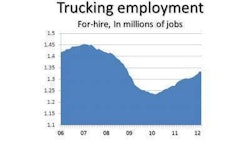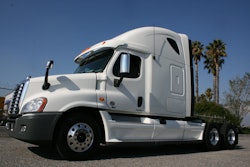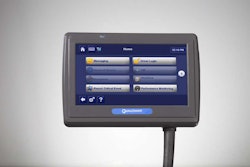Pennsylvania House members have approved a bill that sets the basis for public-private partnerships for transportation projects.
The House voted 126-66 to pass H.B. 3, which allows the governor to appoint a Public-Private Transportation Partnership Board to evaluate and decide on PPP infrastructure proposals. However, the legislature could block a project if both chambers adopt a resolution within 30 days of the board’s approval of it.
These partnerships retain public ownership of the asset, but contracts with a private entity to develop, construct and manage the projects. Private entities also would be in charge of financing them, which could be done via tolls.
The bill’s sponsor, Republican Rick Geist, said the legislation is necessary to battle a tremendous funding shortfall. Pennsylvania has more structurally deficient bridges than any other state, said Geist, who also is House Transportation Committee chairman.
The Owner-Operator and Independent Drivers Association, which opposes the bill, posted on its Website that truckers pay taxes and other user fees for freeways and that a private entity charging tolls in exchange for its funding and other services is double taxation.
OOIDA opposes the sale or lease of roads and converting non-tolled roads into toll facilities. The association said that having an appointed board, rather than elected, to make decisions leads to a lack of accountability, a view that is shared by Democrat state Rep. Steven Santarsiero, who voted against the bill.
“It is a mistake to cede control of our public infrastructure and allow seven political appointees to toll I-95 and the other state roads or bridges we use every day without any input from the people or their elected representatives,” Santarsiero said. “It also would allow those seven political appointees to potentially lease away our roads and bridges to foreign companies that would build, toll and operate our critical infrastructure.”
Thirty-two states now allow PPPs for highways and bridges, according to the National Council of State Legislatures.










